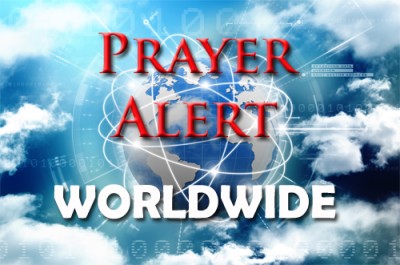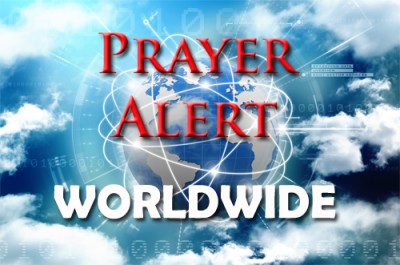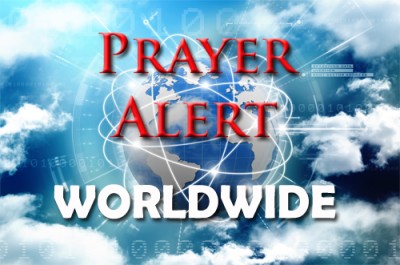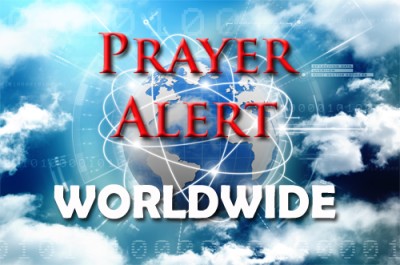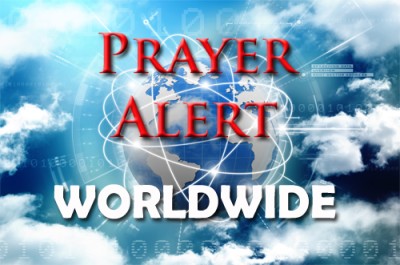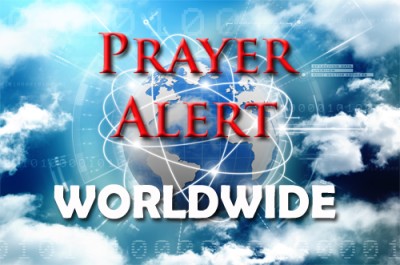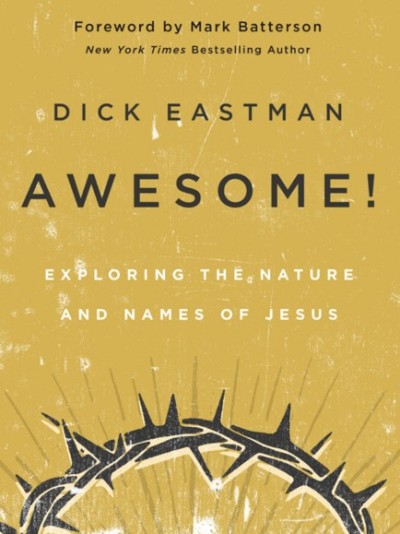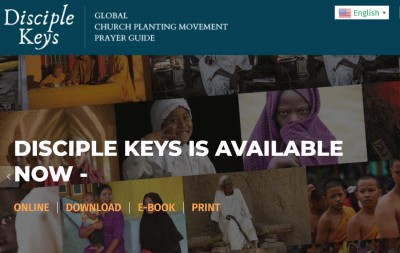China: weaponisation of space
11 Nov 2021Space satellites have become strategic assets and valuable military targets. China has vowed to become the world's leading space power by 2045. In 2019 it landed its Chang'e-4 lunar probe on the far side of the moon - something which had never been done before. The US air force secretary said, ‘China has moved aggressively to weaponise space. Conventional deterrence and operations depend on access to communications, intelligence, and other services provided by space-based systems. As a result, China has pursued and fielded a number of weapons systems in space designed to defeat or destroy America's space-based military weapons systems and ability to project power.’ Much of what happens in space affects life on earth. The 3,000+ active satellites orbiting earth today and their services have become indispensable. Among these are US military-operated GPS satellites for positioning, navigation and timing, serving military and civilian needs - for example taxis, grocery delivery services, monitoring weather, and communications.
USA / Iran: options over nuclear deal
11 Nov 2021US secretary of state Antony Blinken said, ‘The US and its allies want to bring Iran back into compliance with the nuclear deal, including looking at all of the options necessary if diplomacy doesn’t work.’ He was commenting on US talks with Germany, France and Britain about Iran. ‘We are absolutely together in lockstep on how we are approaching the challenge of getting Iran back into compliance with the nuclear agreement,’ he said. ‘And that’s new because we’ve actually been at odds in recent years. But we do not yet know if Iran is willing to come back, engage in a meaningful way, and get back into compliance. If it isn’t, if it won’t, then we are looking together at all of the options necessary to deal with this problem.’
500 Hindu nationalists accused 60+ Christians of forcible conversion. The mob harassed them, searched their belongings, including women’s undergarments, physically assaulted them, and vandalised their vehicles. But when the police came they arrested the Christians, not the Hindus. Violence and hate incidents against Christians are increasing. An intervention specialist commented, ‘These include disrupting or stopping Sunday services, physical attacks, vandalising churches, social boycotts, false accusations of religious conversions and as in this case arrests on the basis of false charges. Many attacks remain unreported and unrecorded through fear of further victimisation’. Also, on 6 November, fifty radical Hindu nationalists went from house to house in Metapal village, attacking Christians, to make it a ‘Christian-free’ village. Wielding fists, clubs, and other objects, they beat everyone including women and children leaving nine seriously injured. Six were hospitalised and remain in a critical condition. Without significant government intervention, 2021 will be the worst year on record for Christian persecution in India.
Iraq: IS attack sparks sectarian bloodshed
11 Nov 2021An IS attack in October has triggered a crescendo of acts of violence against and displacement of Sunnis in a province in Iraq, bordering Iran, which has long suffered from cells operating in its dense orchards and Hamrin mountains. At least eleven people from the village of al-Rashad in the eastern Diyala province were killed. The attack was followed by retaliatory violence against local Sunnis, sparking fears of a return to the years of massive sectarian bloodshed. An operation conducted on 3 November by Iraqi security forces as well as additional security forces sent to the area has failed to quell widespread concerns and indignation. Reportedly several men were abducted and killed, followed by more of their relatives after they had been called to collect the bodies. Armed men subsequently attacked the Sunni-majority village, killing people, burning and destroying homes and farms, in retaliation for assumed ‘collusion’ by the entire local Sunni community with IS.
Ethiopia: a seemingly inescapable quagmire
11 Nov 2021Since hostilities began last November, there have been rapes and massacres of civilians on a large scale. As far back as January, aid agencies were sounding alarms about how much worse the situation could get. Continued fighting, bureaucratic hurdles, and aid blockades have since led to a continuing famine affecting hundreds of thousands of people. More than two million people have been displaced from their homes, and tens of thousands have died. The declaration of a nationwide state of emergency by the federal government on Tuesday has triggered fears of more instability. The war has degenerated into a brutal conflict to crush and erode Tigray, and talk of elimination of entire ethnic groups has been normalised. The USA has sent a special envoy to Ethiopia for talks, and on 16 November there will be a meeting of the East African bloc Intergovernmental Authority on Development to discuss the worsening conflict.
Yemen: rising severe mental health problems
11 Nov 2021Now in its seventh year, the crisis in Yemen is no longer headline news. But the conflict continues to have a devastating impact on people’s wellbeing, and on their mental health in particular. In Hajjah, Doctors Without Borders teams have found a high need for mental health services. The range of conditions that they treat is very large; there are people suffering from anxiety and insomnia, psychosis, depression, bipolar disorder and post-traumatic stress disorder. They regularly see patients following suicide attempts: such an attempt might be provoked by a variety of circumstances. Severe symptoms of psychosis can manifest as auditory hallucinations which tell the patient to hurt him or herself, or a patient might be suffering from severe depression. Lack of awareness leads to stigma, discrimination, and segregation, and this leads to people hiding their conditions. Yemen’s conflict has also reduced access to healthcare, education, and food, as well as restricting freedom of movement.
Awesome!: Exploring the Nature and Names of Jesus
by Dick Eastman (Author), Mark Batterson (Foreword)
Prompted by a friend to describe Jesus as he is -- not as he was or will be in the coming days -- Dick Eastman found himself stammering. What followed over many months was a desire to get to know the Jesus who had changed his life, but in a much fuller and richer way -- now!
From then on, on scraps of folded paper in his pockets, Eastman found himself recording adjectives describing the nature and character of Jesus Christ, expanding them later into a personal devotional journal.
Reflecting Eastman's spiritual journey, this book of insights will challenge you to see Jesus as you may never have seen him before. Eastman's approach to studying the nature and names of Jesus will bring you closer to your Savior.
Each day of this enriching 31-day resource consists of Scripture, a short exposition, insights from Christian leaders, a prayer, and a practical application
Order Awesome! from Amazon:
https://www.amazon.co.uk/Awesome-Exploring-Nature-Names-Jesus-ebook/dp/B08MY21NKQ/ref=tmm_kin_swatch_0?_encoding=UTF8&qid=&sr=
Join many thousands of followers of Jesus around the world in praying for global Church Planting and Disciple Making movements using Disciple Keys!
Across 2022, we will take you on an inspiring and challenging worldwide journey of discovery as you are introduced to many of the people groups who have not yet heard the Gospel message. They represent billions of people.
Disciple Keys is available online, as a PDF download, e-book and hard/soft cover printed copy
Be equipped, with the keys to becoming a disciple maker!
Disciple Keys is ideal for use at home, in church, school, college or within a prayer or mission organization. It has been written and published by 24:14 Coalition and Finishing the Task along with several other partner organizations.
'I commend Disciple Keys to you and trust that your faith will increase as you unlock a deeper understanding of the power of prayer in these times!' - Dr Jason Hubbard - IPC
Download, browse online or order Disciple Keys HERE
